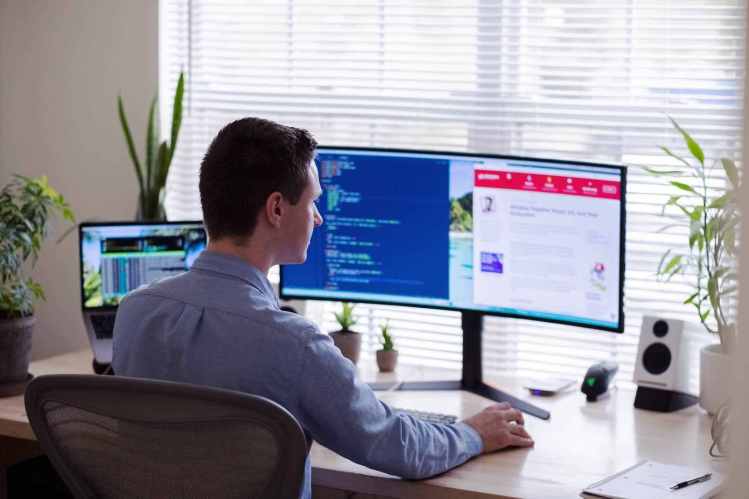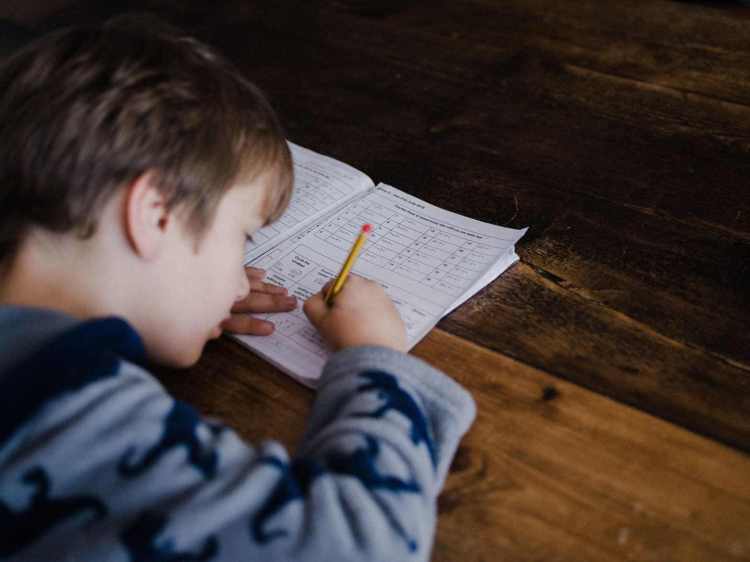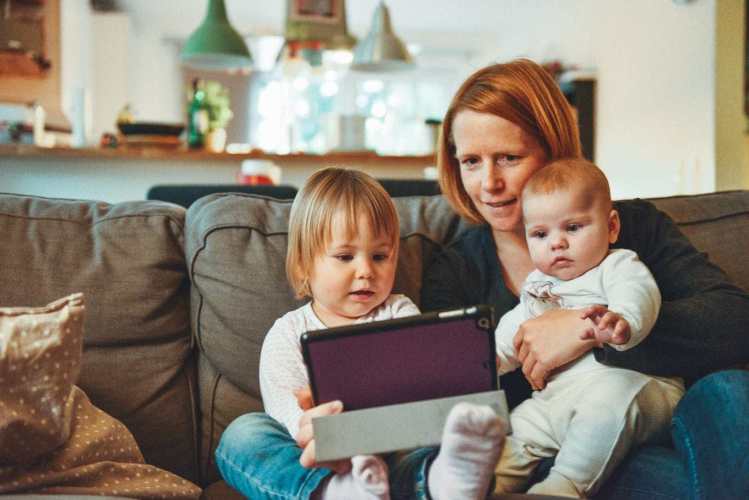

How are you doing, Birmingham? We know COVID-19 is taking a toll on everyone, so we asked a pediatric psychologist at Children’s of Alabama for tips to cope with our new reality during these uncertain times.
Dan Marullo, Ph.D., shared some helpful advice for all of us:

1) Practice self-care

Dr. Marullo said it’s important to recognize that feelings of stress and anxiety are normal during times like these. It’s common to feel irritable, angry or sad, and to have trouble sleeping or concentrating. To maintain a sense of normalcy, you can practice self-care by:
- Keeping a routine (for example, if you’re working from home set “work hours”)
- Maintaining your diet and sleep habits
- Working on that project you’ve been postponing
- Staying in contact with loved ones
2) Monitor media use
In the age of social media and a 24/7 news cycle, it’s tempting to refresh our feeds constantly for the latest information. The issue is some of the info we may be seeing online is false. Obtain reliable information from credible sources, but also take breaks from social media and TV—too much information can be overwhelming.
“Remember though, it is normal to feel distress, and most everyone will do well, particularly if they plan, maintain routine, and stay engaged.”
Dr. Dan Marullo, Children’s of Alabama
3) Seek help if you need it
Many behavioral health providers are offering telemedicine during this time, with insurance companies expanding coverage of these services. If you’ve experienced anxiety or depression in the past and are receiving treatment, it’s important to maintain it, whether that’s taking prescribed medication or speaking with your therapist.
Remember that kids feel the impact of COVID-19, too.

Though they may be young, our kiddos are feeling the impact of COVID-19 as well.
“How children cope and what they need will depend of their age and level of development. All children, including teens, benefit from structure, routine, and predictability. How children and teens cope will reflect how the adults in their lives are coping. Parents that are calm, reasonable, and engaging in self-care will typically have children that do the same. Parents should be mindful that they are their child’s role model.”
Dr. Dan Marullo, Children’s of Alabama
Tips to Support Children

1) Maintain a routine and structure (set a school time that mimics their daily schedule)
2) Monitor their use of media about COVID-19. Be mindful that as you watch or listen to media about COVID-19, your child may be listening as well. Consequently, take care to monitor this incidental exposure and/or be prepared to discuss and answer question.
3) Answer their questions directly and honestly. Be prepared to have the same questions asked repeatedly.
4) Help your child/teen stay socially engaged even during a time of social distancing. Use of technology can help to keep in touch with family and friends.
5) Help your child engage in activities. Doing chores and other projects will help kids keep occupied.
6) Avail yourself of the many online programs that are being offered for free. Take a virtual field trip to the museum, attend a virtual reading time at the library.
7) Take care of yourself as a parent. Practice self-care.
8) For children with special needs, check with your providers regarding appointments and therapies.
Social Distancing ≠ Social Isolation
Dr. Marullo also pointed out that there are vulnerable members of our community such as those who are elderly, disabled or shut in, those with food insecurity or that are immunocompromised—they all need our help.
“We need to be mindful and remember that social distancing does not mean social isolation. We need to make sure those that are vulnerable have what they need to get through this, including social contact, food, and access to the care they need.”
Dr. Dan Marullo, Children’s of Alabama
For more information from Dr. Marullo, check out this blog post from Children’s of Alabama.
For a guide to how to give and get help for COVID-19 in Birmingham, visit this link.